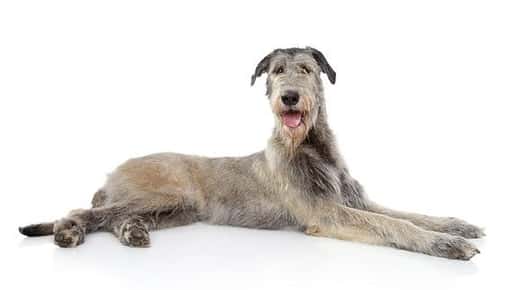
A liver shunt is also named a PSS, portosystemic shunt, portacaval shunt or portosystemic vascular anomaly. This abnormality occurs when a pet's venous blood from the intestine bypasses the liver. In the normal pet, blood vessels pick up nutrients from ingested material in the intestine and carry it to the liver to be processed. In the case of a shunt, an abnormal blood vessel carries this blood around the liver and dumps the nutrients directly into the general circulation. Toxins build up in the bloodstream as a result. The pet can be born with the shunt (congenital) or can develop it later (acquired).
Breeds at increased risk for congenital shunts include Cairn Terriers, Yorkshire Terriers, Maltese, Irish Wolfhounds, Himalayans and Persians. An acquired shunt can develop in any breed and is usually caused by liver problems due to toxins, hepatitis, infections, inflammation, etc.
Symptoms of a liver shunt include stunted growth, weight loss, vomiting, diarrhea, lethargy, unresponsiveness, seizures, disorientation, poor skin and coat, excessive drinking and urination. Some pets will have a single sign and some with have several.
The diagnosis is made with blood tests, urinalysis and imaging tests (radiographs and/or ultrasounds). A liver function test called bile acids is usually very suggestive for a liver shunt when the values are very high. Another diagnostic test that can be performed is nuclear scintigraphy, which must be done at a referral specialty facility. Yet another possible diagnostic test that can be performed is a CT scan.
The treatment and how well the pet responds are dependent on many things including the location and severity of the shunt. Some pets will do well for long periods of time with medical management only. Medical management includes a low protein diet, antibiotics and lactulose. Surgical repair is commonly done for congenital shunts and again the success is dependent on the location and severity of the shunt.

